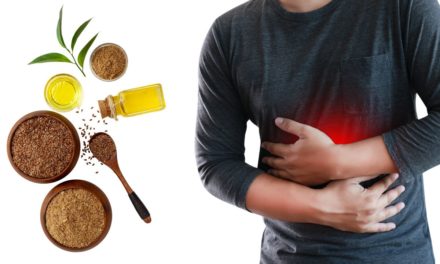Introduction:
Headaches are a common ailment that people of all ages experience. They can range from mild discomfort to severe pain, affecting daily activities and overall health. While over-the-counter pain medications are commonly used to relieve headaches, natural and home remedies can offer effective alternatives without the potential side effects. In this article, we will explore several natural remedies that can help relieve headaches.
1. Hydration:
Dehydration is a common trigger for headaches. Ensuring proper hydration by drinking adequate amounts of water throughout the day can help prevent and relieve headaches. If you are physically active or in a hot environment, aim to drink at least eight glasses of water per day or more.
2. Cold or hot compress:
Applying a cold or hot compress to the head or neck can relieve headaches. For tension headaches, a cold compress can help constrict blood vessels and reduce inflammation. For sinus headaches, a warm compress can help reduce congestion and promote relaxation. Experiment with both options to see which provides the most relief for your particular type of headache.
3. Essential Oils:
Some essential oils have been found to have calming and analgesic properties that can help relieve headaches. Peppermint oil, lavender oil, and eucalyptus oil are commonly used to relieve headaches. Dilute a few drops of essential oil in a carrier oil, such as coconut or almond oil, and gently massage it into your temples, forehead, and neck.
4. Herbal Tea:
Herbal teas have been used for centuries to relieve headaches and promote relaxation. Chamomile tea, ginger tea, and peppermint tea are known for their relaxing properties. Drink a cup of your favorite herbal tea and sip slowly while taking deep breaths. It can help reduce stress and reduce headache symptoms.
5. Head and Neck Massage:
Massaging the scalp and neck can help relieve muscle tension and improve blood circulation, which helps to relax the head. Use your fingertips to apply light pressure in circular motions to the scalp, temples, and base of the skull. You can also massage the neck and shoulders to relieve tension and promote relaxation.
6. Yoga and Stretching:
Engaging in gentle stretching exercises and practicing yoga can help relieve headache symptoms. Certain poses, such as Child’s Pose, Forward Fold, and Cat Cow, can help spread and release tension in the neck, shoulders, and back. Adding yoga and stretching to your daily routine can help prevent headaches and reduce their frequency.
7. Stress Reduction Techniques:
Stress and tension are common triggers of headaches. Practicing stress reduction techniques such as deep breathing exercises, meditation and mindfulness can help reduce headache symptoms. Take regular breaks throughout the day to rest, practice self-care, and engage in activities that help you relax.
8. Adequate rest and sleep:
Lack of sleep or poor quality of sleep can lead to headaches. Establishing a regular sleep schedule and a comfortable bedtime routine can improve sleep quality and help prevent headaches. Aim for 7-8 hours of quality sleep each night and create a comfortable sleep environment.
9. Acupressure:
Acupressure involves applying pressure to specific points on the body to relieve pain and promote healing. Use your thumb or index finger to apply light pressure to the joint between your thumb and index finger, also known as the LI4 point. Hold for a few minutes on both hands. This acupressure point is believed to relieve headaches and provide overall pain relief.
Result:
Headaches can disrupt daily life and cause significant discomfort. Adding natural and home remedies to your headache management strategy can provide relief without relying solely on medication. Hydration, cold or hot compresses, essential oils, herbal teas, scalp and neck massage, yoga and stretching, stress reduction techniques, proper rest and sleep, acupressure and other natural remedies can provide effective headache relief. are However, if the headache persists, worsens, or is accompanied by other associated symptoms, it is important to consult a health care professional for proper diagnosis and guidance.










